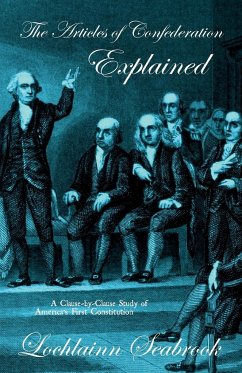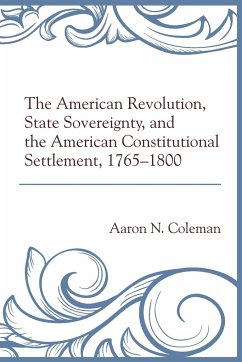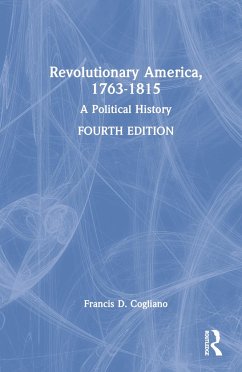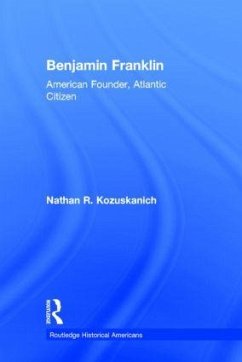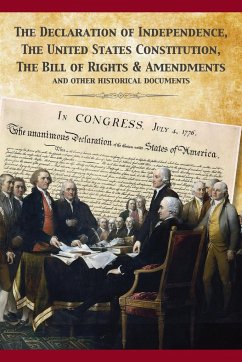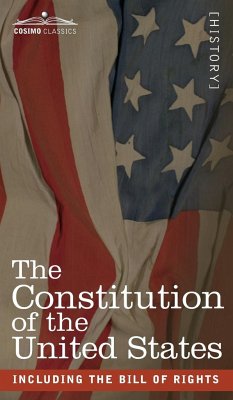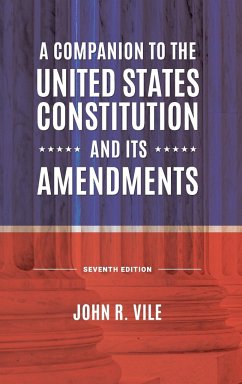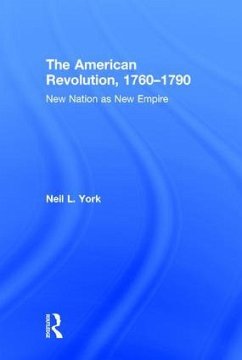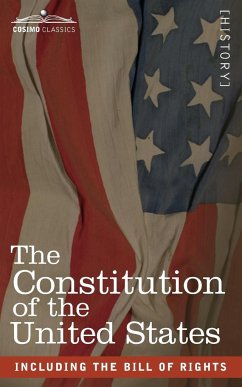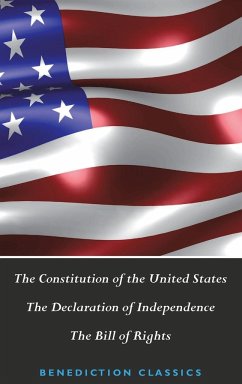
Slavery's Fugitives and the Making of the United States Constitution

PAYBACK Punkte
22 °P sammeln!
Slavery's Fugitives and the Making of the United States Constitution unearths a long-hidden factor that led to the Constitutional Convention in 1787. While historians have generally acknowledged that patriot leaders assembled in response to postwar economic chaos, the threat of popular insurgencies, and the inability of the states to agree on how to fund the national government, Timothy Messer-Kruse suggests that scholars have discounted Americans' desire to compel Britain to return fugitives from slavery as a driving force behind the convention. During the Revolutionary War, British governors...
Slavery's Fugitives and the Making of the United States Constitution unearths a long-hidden factor that led to the Constitutional Convention in 1787. While historians have generally acknowledged that patriot leaders assembled in response to postwar economic chaos, the threat of popular insurgencies, and the inability of the states to agree on how to fund the national government, Timothy Messer-Kruse suggests that scholars have discounted Americans' desire to compel Britain to return fugitives from slavery as a driving force behind the convention. During the Revolutionary War, British governors offered freedom to enslaved Americans who joined the king's army. Thousands responded by fleeing to English camps. After the British defeat at Yorktown, American diplomats demanded the surrender of fugitive slaves. When British generals refused, several states confiscated Loyalist estates and blocked payment of English creditors, hoping to apply enough pressure on the Crown to hand over the runaways. State laws conflicting with the 1783 Treaty of Paris violated the Articles of Confederation--the young nation's first constitution--but Congress, lacking an executive branch or a federal judiciary, had no means to obligate states to comply. The standoff over the escaped slaves quickly escalated following the Revolution as Britain failed to abandon the western forts it occupied and took steps to curtail American commerce. More than any other single matter, the impasse over the return of enslaved Americans threatened to hamper the nation's ability to expand westward, develop its commercial economy, and establish itself as a power among the courts of Europe. Messer-Kruse argues that the issue encouraged the founders to consider the prospect of scrapping the Articles of Confederation and drafting a superseding document that would dramatically increase federal authority--the Constitution.





